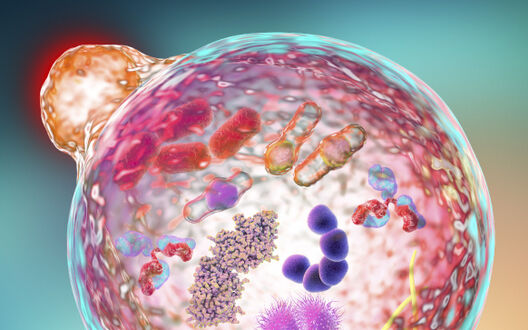Dietary modulation of lifespan by target of rapamycin complex 2
Animals have ways of sensing changes in the environment and adapting to those changes to ensure normal health and survival. If the ability to sense and adapt to the environment is impaired or lost, it can have catastrophic effects on health and lifespan. Dr. Soukas is studying genes which permit normal sensing of the environment and maintain normal health and lifespan in order to determine how they can be manipulated to develop new therapies for aging-related diseases and to promote more healthy aging.
Dr. Soukas is using the worm C. elegans for studying pathways that contribute to aging and metabolic disease. He specifically studies the target of rapamycin (TOR) pathway, which is known to impact lifespan in animals as diverse as worms, flies, and mammals. His lab’s work has identified a new dimension of how the TOR pathway controls aging. The goals of this proposal are to determine which dietary factors are sensed by TOR and how those factors affect lifespan, with the long-term goal to determine how to manipulate diet in order to promote health and extend lifespan.



